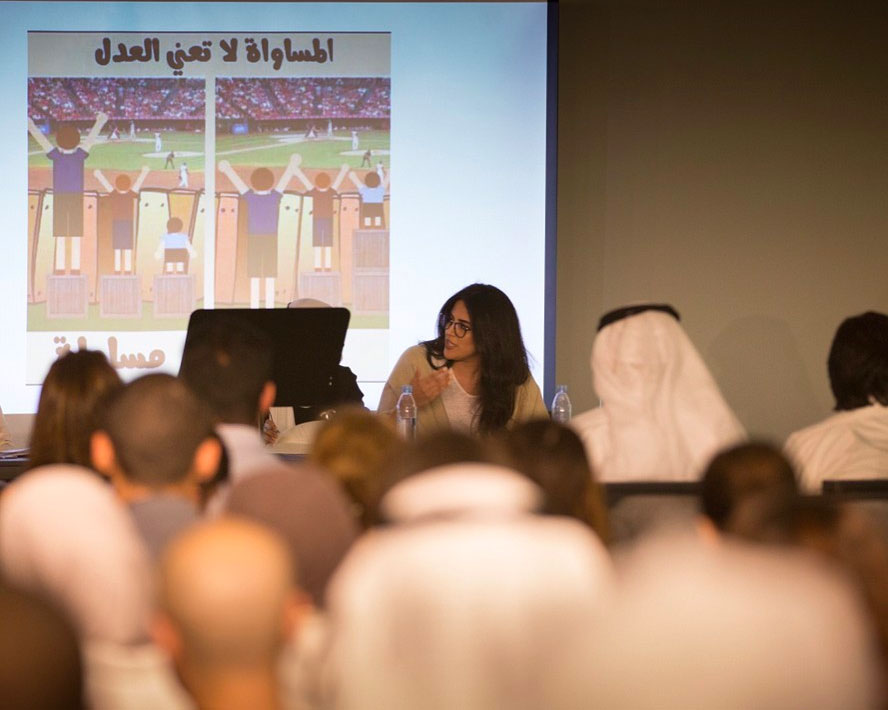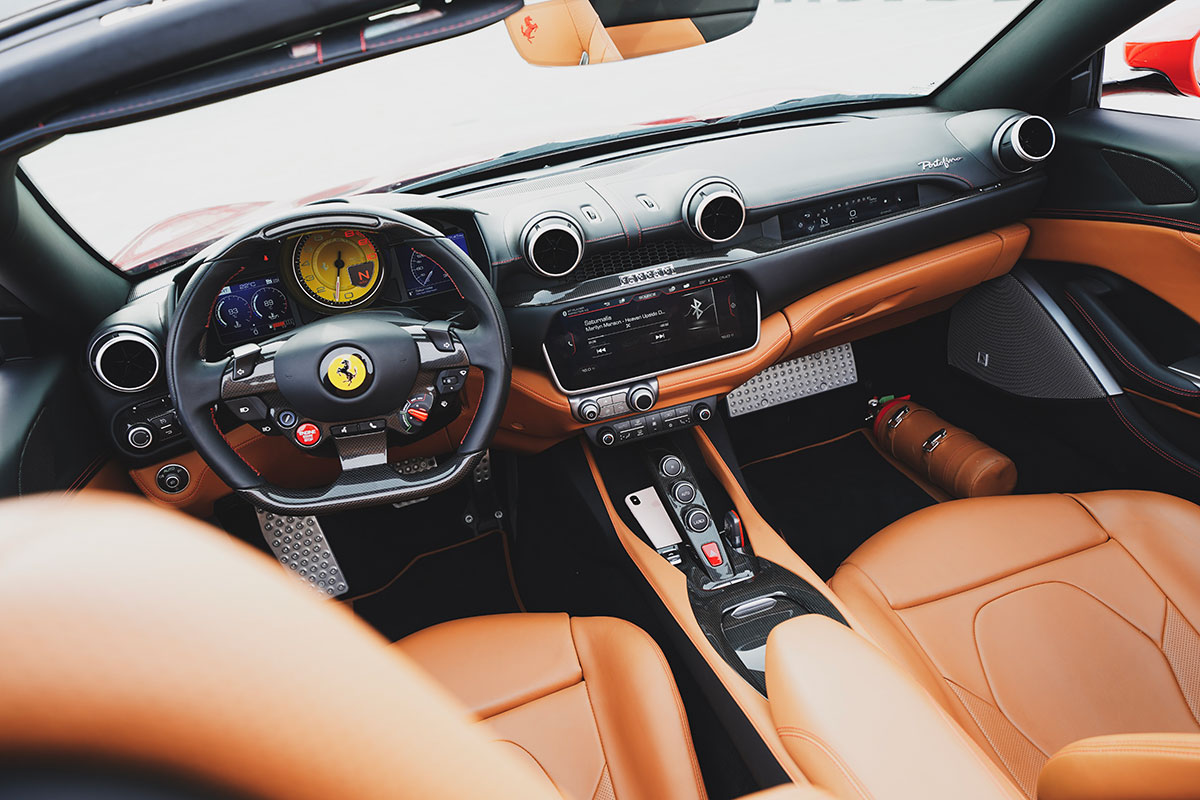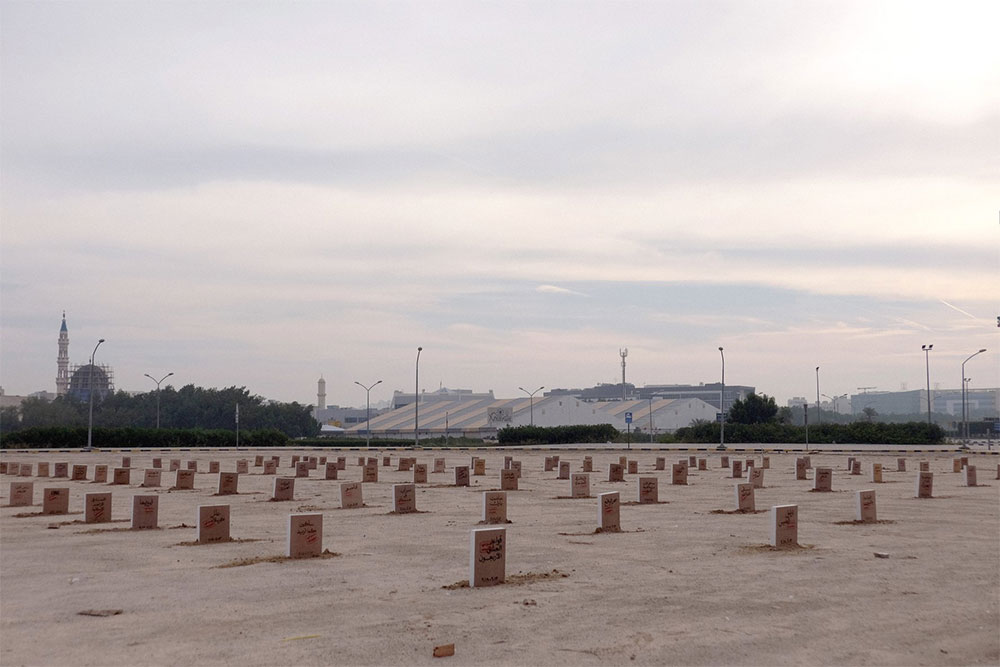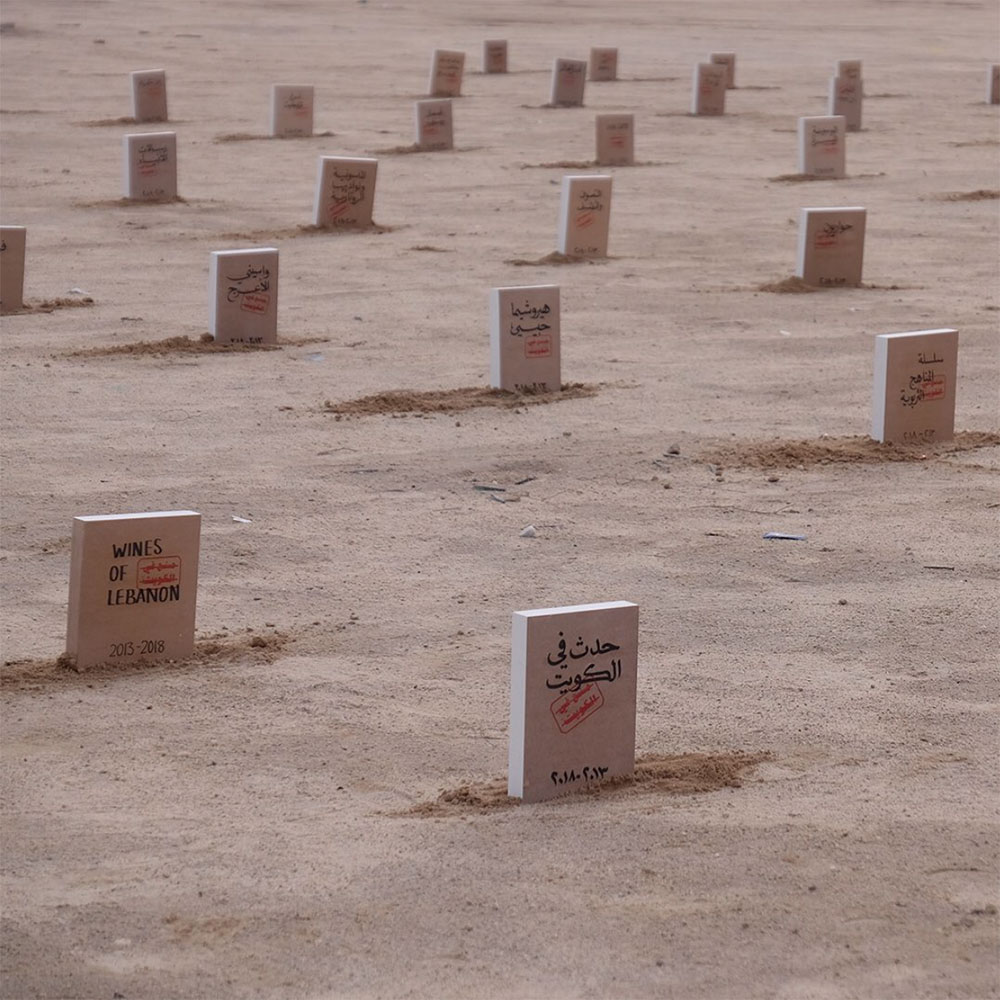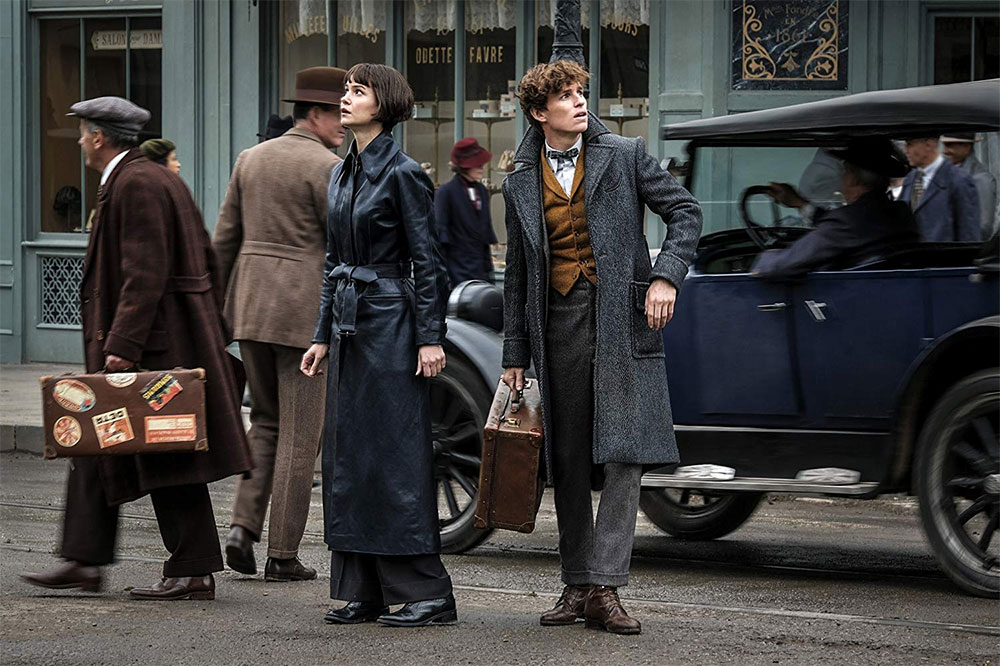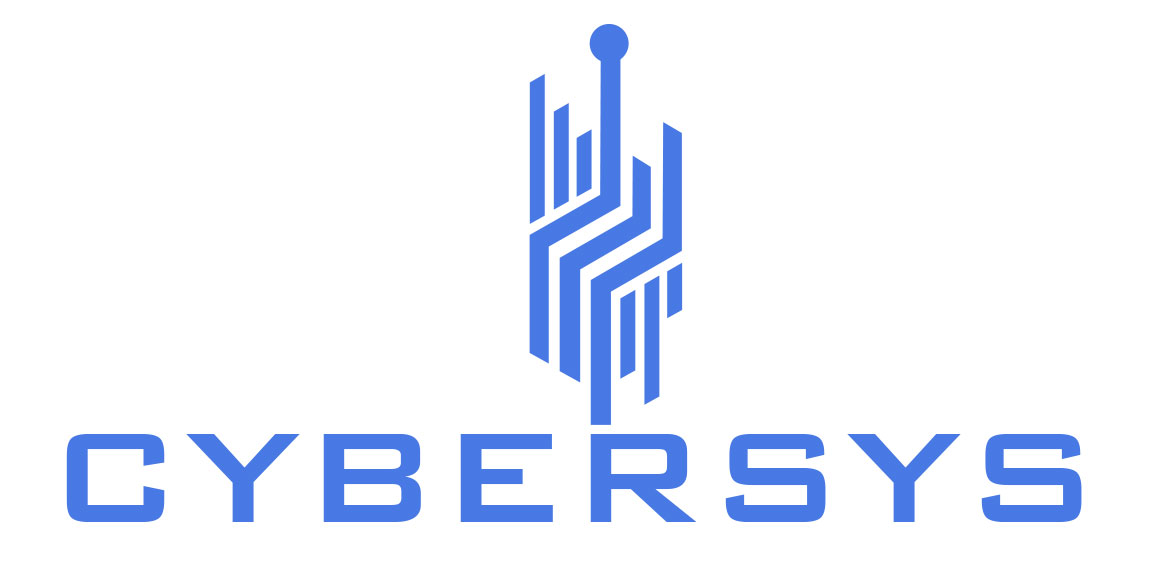
SRVME is not your ordinary maintenance app. SRVME is planning to change how the service industry works.
SRVME, an on-demand service app is here to get rid of all of the inconveniences of maintenance work and make your life so much easier. Instead of asking your friends for an electrician that they know, waiting for their reply, then waiting to see if they even have the guy’s number saved, SRVME connects you – in less than 5 minutes! – to the most trusted service providers.
With SRVME, we can ensure that you will receive reliable, trustworthy and high-quality service as all of the SRVME service providers have undergone a thorough assessment process.
Apps promise a lot these days. We know. All kinds of services can be received at the click of a button. BUT, have you heard of something similar to this – SRVME’s price per hour approach.
Price per hour approach
Usually, maintenance businesses in Kuwait operate by charging a fee “per item”. So the more the items fixed, the bigger the invoice. At SRVME we found a solution to this. We charge all of our services at a set “price per hour”. Try it yourself and see the difference.
Let us give you an example, assume you do an annual maintenance for your A/C unit which costs you around 10-15 KD per unit, five units would cost you 50-75 KD. But, with the “price per hour” approach you would only pay per hour worked! Five units would take three hours to clean, leaving you with a cost of only 27KD.
Love it already? We’ve got more.

Trackable Handyman
You are able to track the service provider through the app. So, you can check his exact location (just like Uber)
Online payment
Flexibility in the payment method, you can pay by KNET, Credit Card or Cash. You can also save your Credit Card information.
Warranty Included
Something went wrong? Claim your warranty through the app within 30 days.
Rating Provided
Do you like the work of the technician? Give him 5 stars and he’ll be the first to get the notification for your next order.
Saved History
No need to keep hold of printed receipts, all your receipts are saved on the app.

How to use the app?
So, let’s say you wanted to fix your A/C or satellite, all you need to do is:
– Share your location
– Choose your required service
– Book a date and time at your convenience
– Select your preferred online payment method (cash/Knet/credit card)
– Confirm the service and we’ll be ready to serve you!
What services do we offer you?
A/C maintenance
Satellite maintenance
Plumbing services
Electrical maintenance
NEW! Interior painting
NEW! Carpentry
We will be adding additional services every month.
Loved it? Download SRVME [Here]
To know what’s new to SRVME and what prizes and offers we have please follow our Instagram account @srvme.kuwait
For all 248AM readers, here is a code for you guys, use the code “248AM” and get your 8KD voucher. Code only available for KNET & Credit card users.


